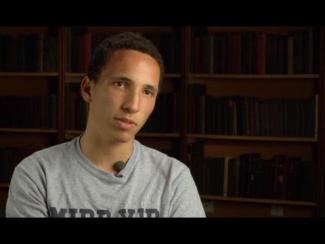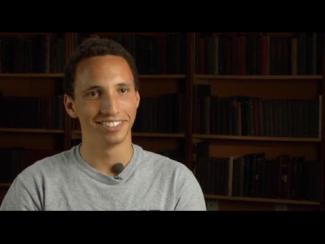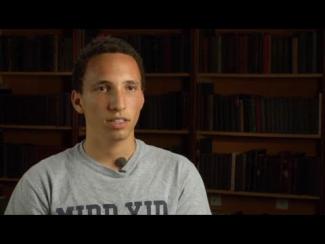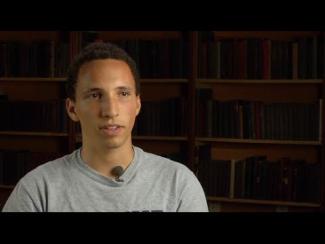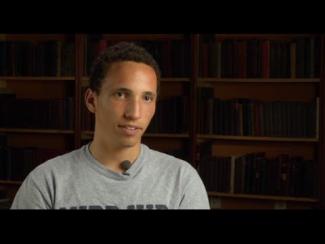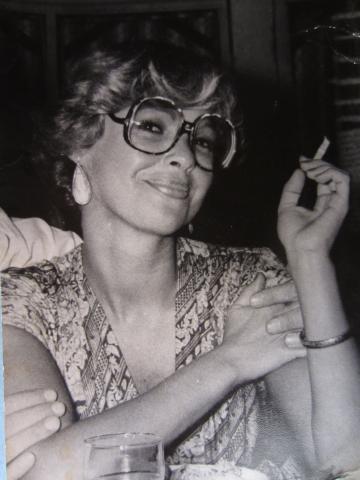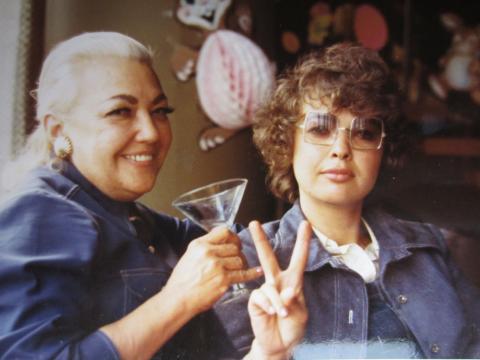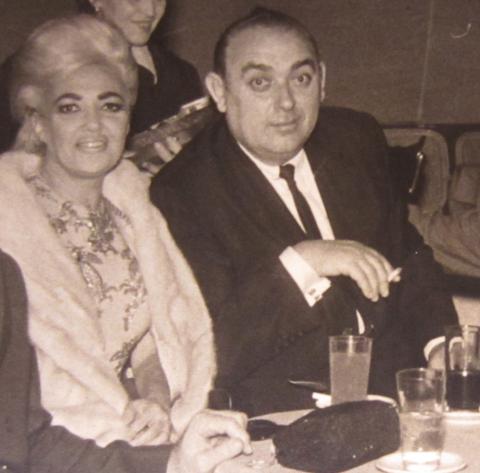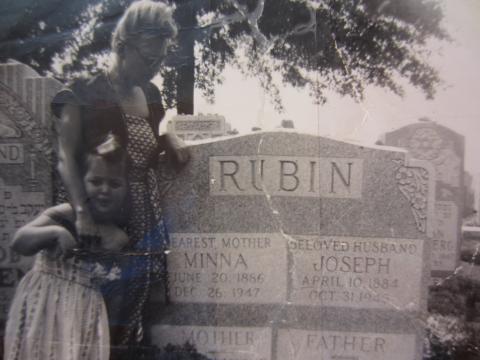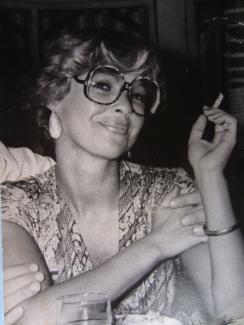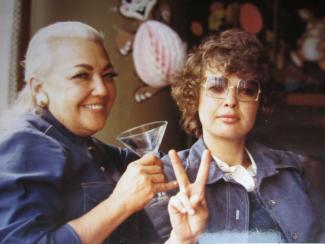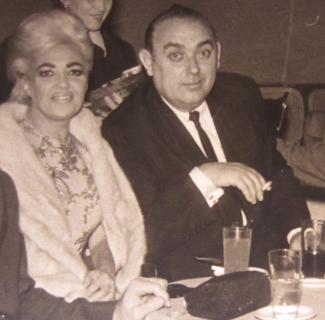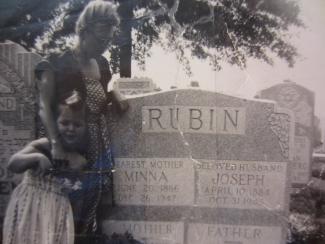The Yiddish Book Center's
Wexler Oral History Project
A growing collection of in-depth interviews with people of all ages and backgrounds, whose stories about the legacy and changing nature of Yiddish language and culture offer a rich and complex chronicle of Jewish identity.
Joseph Heller's Oral History
Joseph Heller, 2013 Steiner Summer Yiddish Program student, was interviewed by Jessica Parker on July 24, 2013 at the Yiddish Book Center in Amherst, Massachusetts. Joseph was adopted by a single Jewish woman and strongly identifies as Jewish. His grandfather owned a prosperous building company in Los Angeles and Joseph grew up in Santa Monica. His family was completely secular, but he was always aware of being Jewish, and his mother and grandmother spoke Yiddish to each other. His leftist family were concerned about being identified as Jewish during the McCarthy period and avoided using Yiddish at that time. At a young age, Joseph realized that he was talented in language acquisition and began informally studying Yiddish and numerous other languages. Although biracial, Joseph did not experience racism growing up. He talks about going to religious friends' Shabbos dinners and finding Reform Judaism too much like Christianity. His mother taught him to be a leader and good listener and to stand up for himself if attacked by a bully. Joseph has become more involved in Jewish activities since high school. He got bar mitzvah-ed and joined Hillel at Middlebury College where he enjoys wearing a T-shirt that says "Midd Yid." Joseph's mother was an attorney involved in social justice causes, and he is thinking of pursuing a similar path as Judaism and social justice are connected in his mind. Joseph describes what he is learning at the Steiner Summer Program and his enjoyment of being part of this young and vital Jewish community. On the other hand, he looks forward to returning to Middlebury where he has many friends from varied ethnic backgrounds. The program has broadened his interest beyond language to Yiddish literature and culture and the Jewish religion. Joseph is aware that the Yiddish world will never be what it was again, but he does not think Yiddish is dead; rather it has taken on new forms which are being explored by young people today. Joseph ends by talking about why he likes the heartbreaking Yiddish song "Vu iz dos gesele? (Where is the little street?)" which symbolizes for him the lost world of Yiddish culture and his search for his own complicated Jewish identity.
This interview was conducted in English.
Joseph Heller was born in 1994.

